As you know, the law establishes the immunity of Russian judges. What is it manifested in? Is it possible to bring a judge to criminal or any other liability? Answers to these questions will be provided in the article.
Who are the judges?
How does the Law on the Status of Judges characterize the judge himself? According to his first article, judges are persons authorized to administer justice on the basis of obtaining a special professional certificate. Judges are independent, they obey only the Constitution and other normative acts. Requirements or orders received from judges are binding on all officials, state organizations, public associations, etc.
The law establishes the unity of the status of judges. At the same time, there is also a certain qualification division, depending on the position held. For example, a justice of the peace must be at least 30 years old, and a judge of the Constitutional Court at least 40 years old, coupled with fifteen years of experience as a lawyer.
Who can become a judge?
Only a Russian citizen who has a higher legal education with the qualification of “master” can become a judge. A candidate for a judge should not have a criminal record and foreign citizenship.
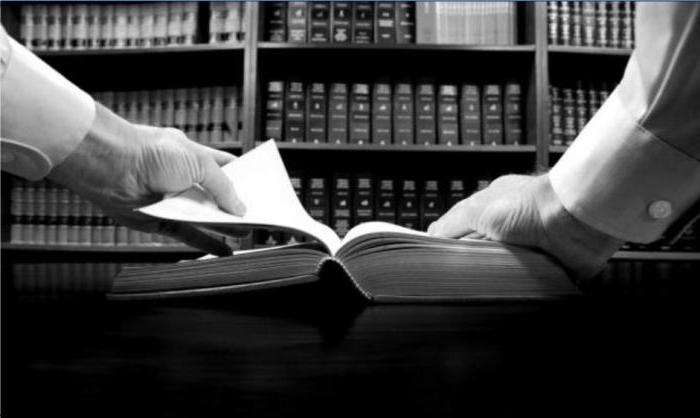
The following age restrictions are established for judges:
- employee of the Constitutional Court - over 40 years old; work experience should not be less than 15 years;
- a judge of the Supreme Court must be at least 35 years old, and his work experience cannot be less than 10 years;
- a judge of a regional court of general jurisdiction must be at least 35 years old, work experience here at least 7 years;
- the arbitral tribunal must be over 25 years old.
The general work experience may include the work of a teacher of legal disciplines, a lawyer, a notary public servant in certain positions.
Judge Requirements
The Law on the Status of Judges, in particular its third article, stipulates the need to fulfill certain requirements, without which judicial professional activity would be impossible. So, each judge is obliged to honor and observe the basic law of the state, federal and federal constitutional laws. Regional judges must abide by the charter or constitution of the subject where they work. Otherwise, it is likely that judges who do not comply with the law will be held accountable.
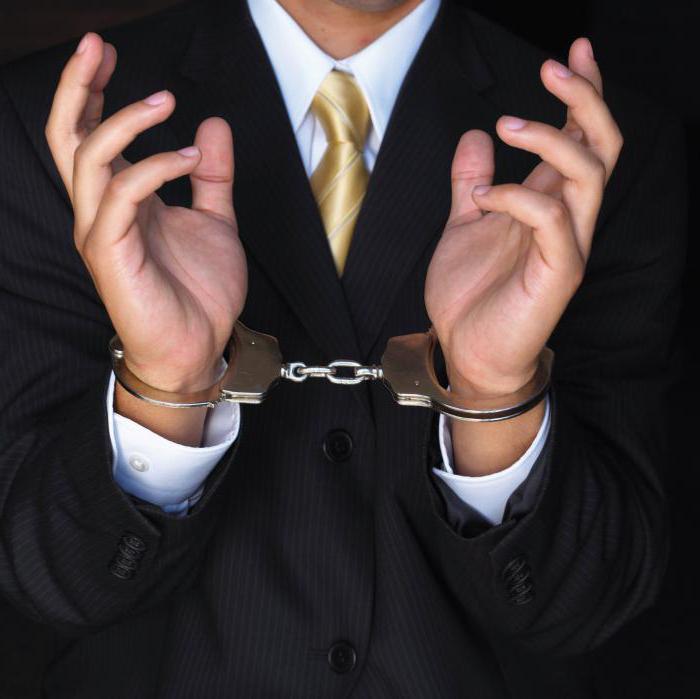
What other requirements does the federal law make?
- A court employee must perform his duties in such a way as not to detract from the authority of the judicial branch.
- A judge must competently resolve conflicts of interest.
In this case, the judge is not entitled to:
- fill any other positions in the public service;
- belong to political movements or parties;
- publicly express their attitude to a particular political party;
- engage in entrepreneurial or any other paid activity, except judicial;
- disclose restricted information.
Is it possible to prosecute judges for violation of the above requirements? The law says no. This refers, rather, to disciplinary liability, which will be described later.
About immunity
The process of bringing judges to justice of a criminal type was slightly changed in 2010 by amending Article 16 of the Federal Law "On the Status of Judges". Article 16 provides for the inviolability of all judges. What is included in the concept of immunity? Personality, office space, official vehicles, baggage, documents, correspondence and various official property - all this has immunity status under the law.
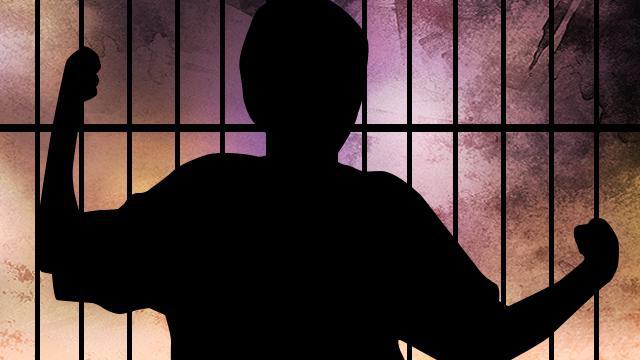
If the court does not establish the abuse by the judge of his powers, then for any decision made, for any opinion expressed, the judge cannot be held accountable. A similar rule is also included in the law.
Does the status of immunity somehow influence the criminal prosecution of judges? According to the bill, does not affect in any way.
The procedure for prosecuting judges
Who decides to institute criminal proceedings against a judicial officer? The following classification is established in the Federal Law:
- employees of the Constitutional Court are called to account by the chairman of the Russian Investigative Committee, but with the consent of the court itself;
- in relation to employees of judicial instances of general jurisdiction, including the Supreme Court, the case is initiated by the chairman of the Investigative Committee with the consent of the qualification higher college of judges;
- in respect of judicial officers of any other instance - with a joint decision of the chairman of the Investigative Committee and the qualification judicial board of the relevant region.
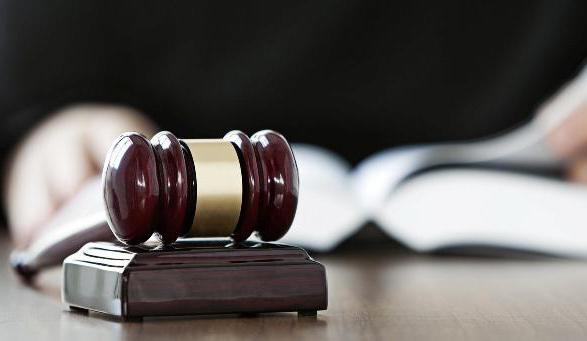
It is worth noting that in 2010, the wording was excluded from the law, according to which the prosecution of judges of the Supreme Court or judges working in instances of general jurisdiction took place by providing the Constitutional Court with a statement from a qualification judicial board.
The practice of holding judges criminally liable
The decision to conduct a criminal case against a particular judicial officer must be received within ten days. As already mentioned, the adoption of such a decision is the responsibility of the Constitutional Court and the relevant qualification collegium.
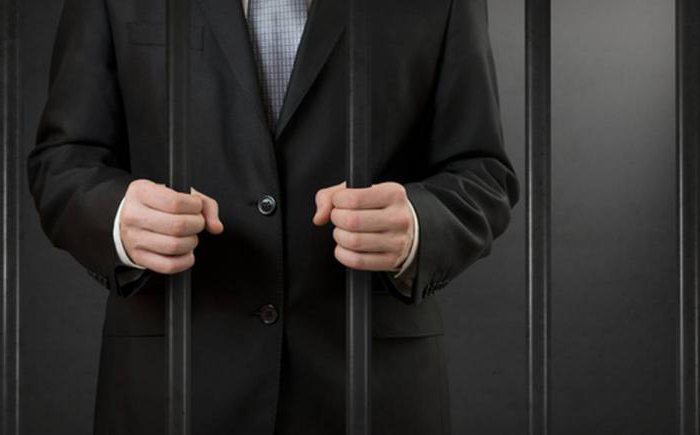
There are cases when during the investigation of a criminal case the very composition of the crime changes, because of which the position of the judge could worsen. In this situation, a new criminal case is initiated (in accordance with the provisions of Article 16 of the Federal Law "On the Status of Judges").
A court employee is subject to immediate release after verification of his identity with a government agency. The decision to detain the accused is taken by a judicial board, which includes three employees of the Supreme Court of the Russian Federation. The petition is filed by the head of the Investigative Committee of the Russian Federation.
Article 16 also states the procedure for conducting operational investigative measures carried out on an application for criminal prosecution of a judge. These activities are carried out by decision of the same judicial board of three judges of the Supreme Court.
Disciplinary responsibility
The statistics of criminal prosecution of judges shows that criminal cases are not so frequent. More often, court employees are subject to much less responsibility - for example, of a disciplinary type. Why can judicial representatives be disciplined?
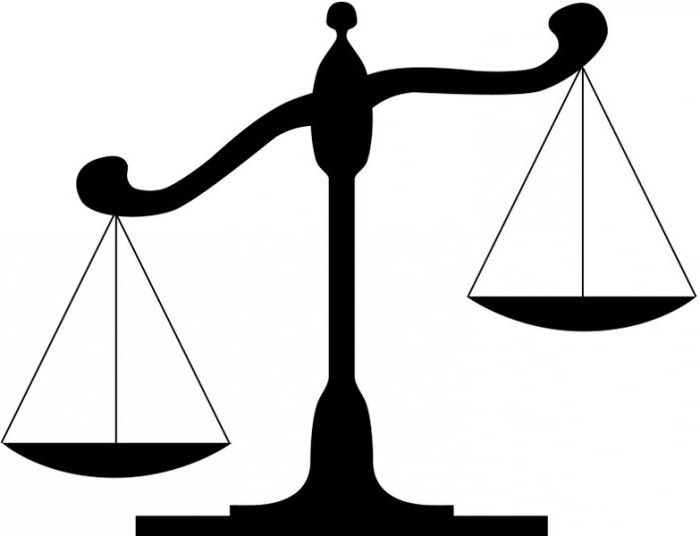
The law states the commission of a minor offense. Punishments here may be:
- warnings;
- comments;
- verbal censure;
- termination of powers of a judge ahead of schedule.
How does a judge resign? This will be described later.
Judge's resignation
The dismissal of a judge from his post is regulated by Article 15 of the Federal Law "On the Status of Judges". The judge’s resignation is manifested in the form of an honorable departure from the post, as a rule, of his own free will.The judge is guaranteed personal integrity and honorary membership in the judicial community.
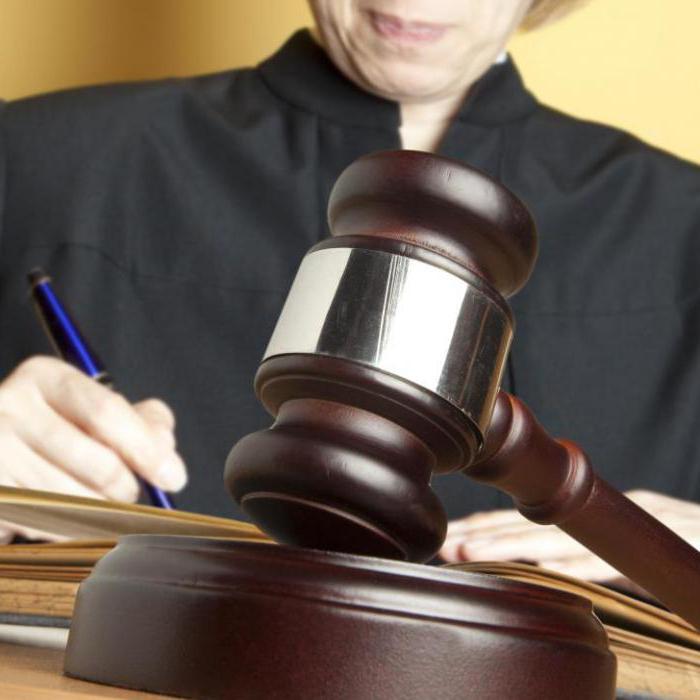
A retired court employee is guaranteed severance pay and compensation for the purchase of travel documents. Pension for a retired employee is paid on a common basis. Work experience for a pension should not be less than 20 years.
It is also worth noting that the criminal prosecution of judges (the Supreme Court, the Constitutional or any other), or the identification of violations committed before resignation, indicate the termination of the resignation. The decision is made by the qualification collegium at the former place of work of the judge. The judge, whose resignation is terminated, is left with pensions, but benefits and allowances disappear.
About termination of powers of a judge
Separately, it is worth talking about the process of termination of judicial powers. In what cases is it excited? This is what the law says:
- termination of Russian citizenship or acquisition of foreign citizenship;
- a statement on the termination of the powers of the judge himself;
- inability to work at his post due to health reasons;
- reaching retirement age;
- violation by a judge or members of his family of certain prohibitions enshrined in law (for example, on the inability to open deposits outside the country).
All these points indicate the imminent cessation of the official authority of a judicial officer.